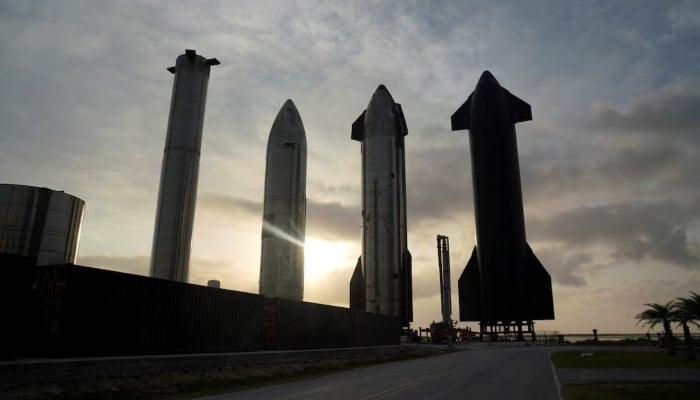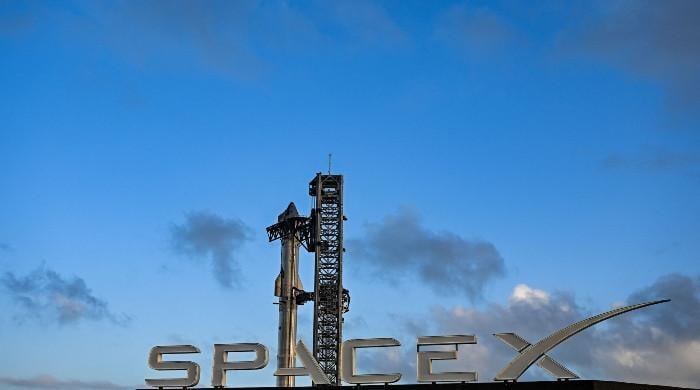Houston: One of Elon Musk’s Spacex spacecraft exploded during a routine test on Wednesday night in Texas, police said, he said, in the last setback to the billonary dream of turning humanity into an interplanetary species.
The Starship 36 suffered “catastrophic failure and exploded” in the Starbase launch installation shortly after 11:00 pm (0400 GMT on Thursday), a Facebook post for Cameron County authorities said.
A video shared with the publication showed the megarockt connected to the launch arm, and then a flash and an imposing and ardent explosion.
Musk’s X space said the rocket was preparing for the tenth flight test when “an important anomaly experienced while in a test position in Starbase”, without elaborating the nature of the complication.
“A clear security area was maintained around the site throughout the operation and all the staff is safe and accounted for,” Space X added on social networks.
“There is no dangers for residents in surrounding communities, and we ask that people do not try to approach the area while security operations continue.”
The spacecraft was not scheduled for launch on Wednesday night when the explosion occurred during a “static routine fire test”, according to Cameron County authorities.
During a static fire, part of the procedures that precede a launch, the super heavy reinforcement of the spacecraft would be anchored to the ground to avoid lifting during the test.
Starbase on the southern coast of Texas, near the border with Mexico, is the headquarters of the Musk space project.
MEGAROCKET
403 feet (123 meters) high, the spacecraft is the largest and powerful rocket in the world and central for the long -term vision of Musk to colonize Mars.

The spacecraft is announced as a totally reusable rocket with a payload capacity of up to 150 metric tons.
The last setback follows an explosion of a prototype spacecraft on the Indian Ocean at the end of May.
The largest and powerful launch vehicle ever built had taken off on May 27 from Starbase facilities, but the super heavy reinforcement of the first stage exploded instead of executing its splash planned in the Gulf of Mexico.
The two previous exits also ended badly, with the upper stage disintegrating over the Caribbean.
But the failures will probably do little to overheat Musk’s spatial ambitions.
Spacex has been betting that his ethos of “Fail Fast, Learn Fast”, which has helped dominate the commercial spatial flight, will eventually be worth it.




